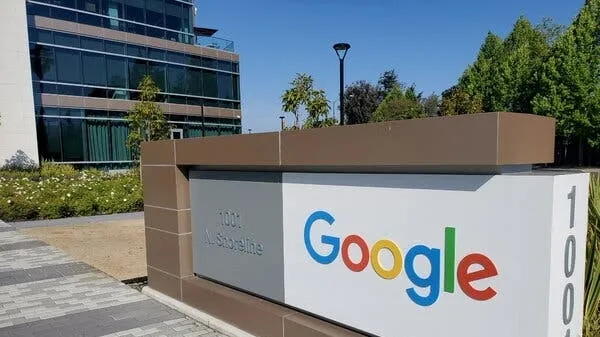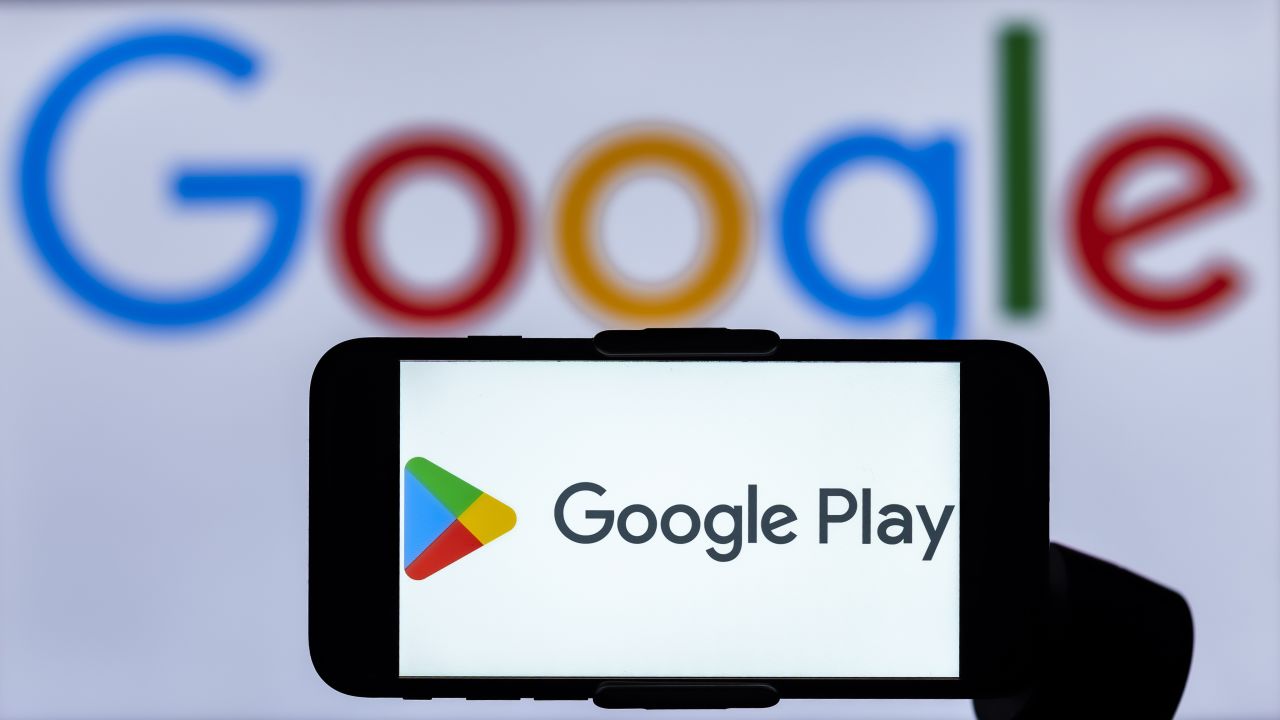The Justice Department’s high-stakes antitrust case against Google
Google, now nearly two months in, continues to reveal intriguing details, reminiscent of the landmark Microsoft trial in the 1990s. In our previous update, we delved into Google’s massive $26.3 billion investment in becoming the default search engine and its attempts to pre-install Chrome on iPhones. Recent revelations shed light on Google’s lucrative search queries, revenue-sharing agreements with Android OEMs, and the grievances of companies like Expedia.

But first, let’s revisit why this antitrust case holds significance. The government contends that Google utilizes its platforms and partnerships to stifle competition in search and advertising, impeding rivals’ access to vital data. If the court rules against Google, repercussions may include behavioral changes, the sharing of APIs with third-party developers, and restrictions on anticompetitive deals with manufacturers and carriers.
This trial’s outcome could set a precedent for other Big Tech cases involving Amazon, Apple, and Facebook, highlighting the continued relevance of antitrust laws in the digital era.
1. Peek into Google’s Lucrative Search Queries:
Judge Amit Mehta made public a list showcasing the search terms that bring in the most revenue for Google. Notably, queries related to iPhones dominate, highlighting the symbiotic relationship between Google and Apple. Other perennial favorites include “car insurance,” “cheap flights,” and “credit report,” underscoring Google’s dominance in vertical search within specific market categories.
2. Revenue-Sharing Agreements for Android Pre-Installs:
Google employee Jamie Rosenberg defended the competition between Google and Apple as “intense.” He explained the Mobile App Distribution Agreement (MADA), which requires Android manufacturers to pre-load 11 Google apps, including Search and Chrome. Revenue share agreements (RSAs) with manufacturers and carriers further solidify Google’s presence as defaults. Rosenberg justified this, citing Google apps as “best in class” and claiming RSAs motivate companies to produce more Android devices.
3. Expedia’s Complaints and Costly Ads:
Expedia’s chair, Barry Diller, expressed concerns about the proliferation of ads impacting organic listings in search results. Diller’s testimony emphasized the punitive nature of Google’s actions, affecting not only Expedia but other players seeking a level playing field. Expedia executives highlighted escalating ad costs, with former COO Jeff Hurst revealing a tenfold increase from $21 million in 2015 to $290 million in 2019. Despite the rise, Google’s actions seemingly led to direct competition, with its own flight and hotel data overshadowing Expedia’s visibility.
4. Google’s Response to European Antitrust Fine:
Internal documents revealed that Google intensified efforts to enhance its search engine in the European Union after a €5 billion antitrust fine in 2018. The government argued that this demonstrated Google’s reactive stance to competition, as it aimed to incentivize users with local content. This aligns with the Justice Department’s assertion that Google, in a monopoly, lacks the incentive to improve its products without external pressure.
5. Mozilla’s Perspective on Google’s Search Quality:
Mozilla CEO Mitchell Baker provided an unexpected defense of Google’s search quality during a recorded deposition. Baker recounted Mozilla’s shift from Google to Yahoo as Firefox’s default search engine, describing it as a “failure.” While Yahoo promised a more user-friendly experience, it ultimately fell short, leading to a decline in Firefox users. Baker acknowledged that users expected and preferred Google, but it’s crucial to note that other factors, including Chrome’s market dominance, likely contributed to Firefox’s decline.
In essence, the ongoing Google antitrust trial continues to unravel the intricate dynamics of the tech giant’s practices, with each revelation contributing to the broader debate on antitrust regulations in the digital age.





